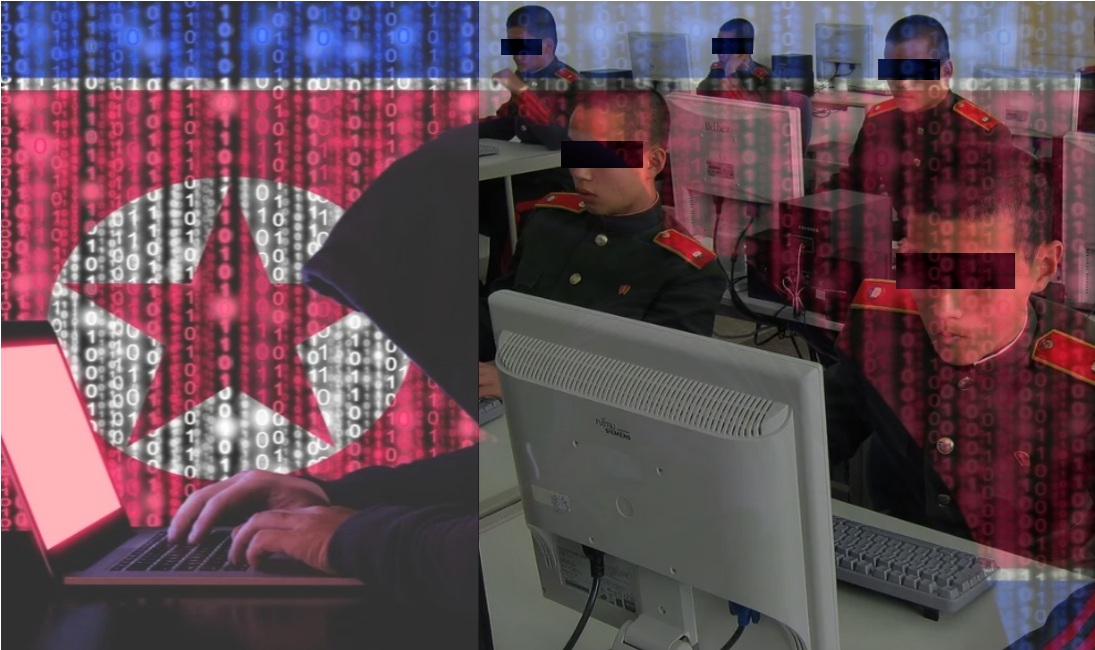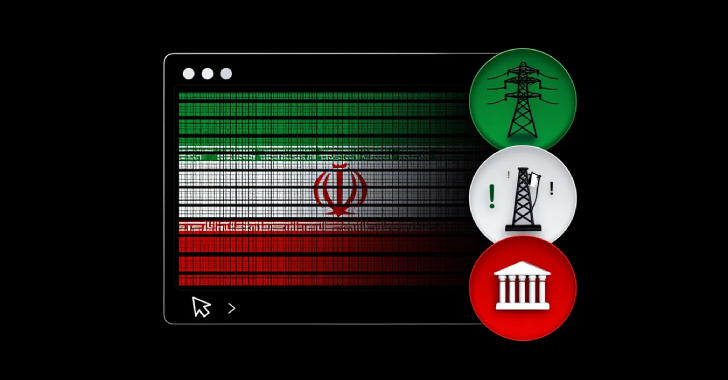Alert: Hackers From North Korea Are Infiltrating Remote Teams
Could One Already Be On Yours?
Thought your new remote hire was just a tech genius? One company found out he was secretly working for North Korea—and it didn’t end well.
Sounds like a Hollywood plot, but it’s real. A company recently hired a North Korean hacker as a remote IT worker—and now it’s paying the price. A recent BBC report reveals that this cyber-criminal used a fake resume to land the job, gain access, and loot sensitive data before dropping a ransom bomb: pay up, or watch your secrets go public.
Authorities are urging employers to be cautious with fully remote hires, warning that these cases aren’t rare. Since 2022, cyber experts and government agencies have flagged similar incidents, with North Korean operatives slipping into Western companies, skimming paychecks, and funneling funds back to the regime. But now, they’re after more than salaries: data theft and extortion are on the table, with operatives hiding in plain sight, ready to exploit insider access.
In another shocking incident, digital security firm KnowBe4 unknowingly hired a North Korean hacker who promptly infected his new company-issued laptop with malware. “The moment it was received, it immediately started to load malware,” the company revealed. Fortunately, they caught it before any data was lost, but the hacker’s methods were sophisticated, and follow-up contact went silent.
10 Ways to Keep Cyber Spies Out of Your Remote Team
Here’s your quick playbook to help keep hackers out:
- Call Real References
Skip the polished reference letters. A quick call with past employers can reveal whether a candidate is as genuine as they claim. - Verify Every Detail
Cross-check work history, credentials, and online profiles. If someone has impressive claims but no digital footprint, take it as a red flag. - Intensify Background Checks
Go deep, especially for sensitive roles. Look out for mismatched dates, unverifiable claims, and other potential issues. - Monitor Remote Access
Track login times, data downloads, and unusual access. If something seems off, investigate immediately. - Enforce Multi-Factor Authentication (MFA)
Require MFA for everyone, especially remote hires. It’s a robust barrier against unauthorized access. - Strengthen Onboarding Security
Make sure every new hire knows security policies inside and out. Accountability should start from day one. - Use Secure Connections Only
Mandate VPNs or other secure methods. An unsecured Wi-Fi connection is a hacker’s open invitation. - Implement a Tight Security Policy
Make sure your security policy is up-to-date and covers remote work specifics, including data handling and access restrictions. - Leverage Identity Verification
Include ID verification tools in the hiring process to confirm identities early and avoid impersonation. - Prepare for Ransomware Attacks
Have a plan in place. Responding swiftly can limit the damage if a hacker does make it in.
With remote work on the rise, so are insider risks. At Cyber Defense Advisors, we specialize in building strong cybersecurity strategies that safeguard businesses against today’s evolving threats. Ready to lock down your defenses? Let’s talk—because in cybersecurity, staying a step ahead is everything.
Contact us today and take the first step toward a more secure tomorrow.






